
Article
Torching the Modern-Day Library of Alexandria
“Somewhere at Google there is a database containing 25 million books and nobody is allowed to read them.”
The Atlantic,
2017
Read offline
automatisch generiertes Audio
1×
Melden Sie sich an, um die Audiozusammenfassung anzuhören.
automatisch generiertes Audio
Recommendation
The original purpose of America’s copyright laws wasn’t necessarily to protect the interests of authors but, according to the US Constitution, “to promote the progress of science and useful arts.” Copyrights protect works until 50 years after the author’s death, at which point books become part of the public domain. Google has done the work to make many of those books available in one giant database, so why can’t you use it? getAbstract recommends this summary to bibliophiles, librarians and people interested in digital technology’s potential to democratize information.
Summary
About the Author
James Somers has written for The Atlantic, Outside Online, MIT Technology Review and Nautilus.
By the same author
Article
Learners who read this summary also read
Book
Book
Book
Book
Article
Book










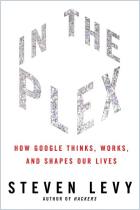
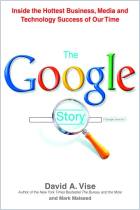
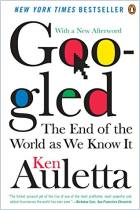

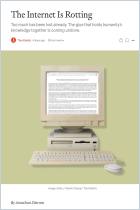
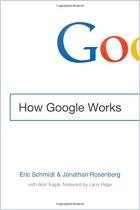



Comment on this summary or Diskussion beginnen